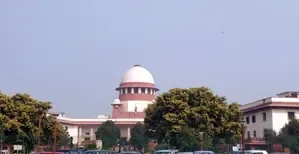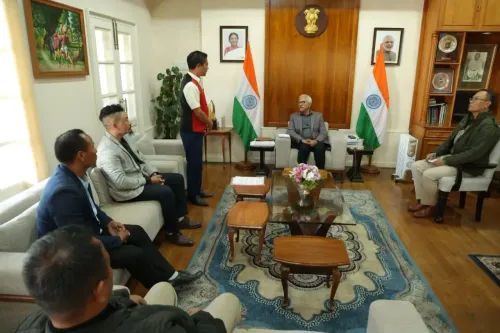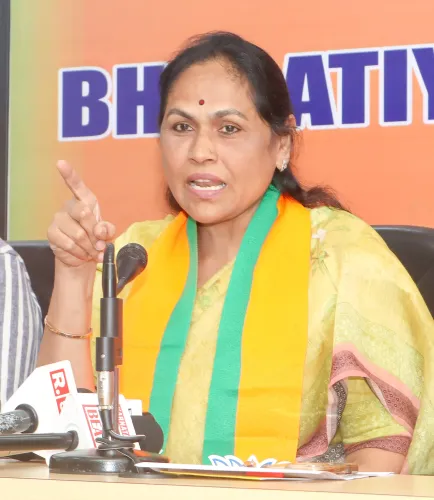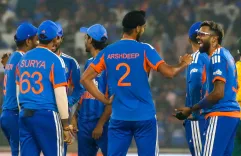Will the SC Address Presidential Reference on Gubernatorial Timelines?

Synopsis
Key Takeaways
- Supreme Court hearing under Article 143
- Judicial review of gubernatorial actions
- Potential timelines for Bill approvals
- Significance of President’s reference
- Legal implications for state governance
New Delhi, July 21 (NationPress) A special five-judge Bench, led by Chief Justice of India (CJI) BR Gavai, is set to hear on Tuesday the reference made by the President under Article 143 of the Constitution. This query seeks the Supreme Court’s guidance on whether it is possible to enforce timelines on Governors for acting on Bills when no constitutionally-mandated time limit exists.
According to the cause list on the apex court's official website, this special Bench, which includes Justices Surya Kant, Vikram Nath, PS Narasimha, and Atul S Chandurkar, will address the matter titled “In Re: Assent, Withholding or Reservation of Bills by the Governor and the President of India” on July 22.
Following the apex court's ruling in the Tamil Nadu Bills case, President Droupadi Murmu sought the Supreme Court’s opinion in May regarding the constitutional options available to a Governor when a Bill is presented to him under Article 200 of the Constitution.
Earlier, in April 2025, a two-judge Bench of the Supreme Court employed its inherent powers under Article 142 of the Constitution to resolve a deadlock between the Tamil Nadu government and Governor R.N. Ravi concerning the delay in granting assent to Bills approved by the Assembly. The court determined that Governor Ravi's refusal to sanction 10 Bills in Tamil Nadu was both “illegal and arbitrary” and established a three-month deadline for Presidential and gubernatorial approval of Bills passed by the legislature a second time.
The ruling stated, “The President is required to take a decision on the Bills reserved for his consideration by the Governor within a period of three months from the date on which such reference is received,” as articulated by Justices J.B. Pardiwala and R. Mahadevan. Should there be no decision within this timeframe, states are authorized to file writ petitions seeking a writ of mandamus against the President, the Justice Pardiwala-led Bench clarified. The apex court utilized its extraordinary powers to declare the 10 withheld Bills as having been assented to on the date they were presented to the Governor after being reconsidered by the state legislature.
The Supreme Court affirmed that once a Bill is returned, re-passed by the legislature, and presented again to the Governor, it is not permissible for the Governor to reserve it for the President’s consideration. This judgment seemingly subjected Presidential actions to judicial review by advocating for a three-month timeline for granting assent to Bills, which prompted the President to make a reference under Article 143 of the Constitution.
Article 143 allows the President to seek the advisory jurisdiction of the Supreme Court on matters of public significance or constitutional interpretation. In the reference, President Murmu posed the question, “Is the Governor bound by the advice rendered by the Council of Ministers while exercising all the options available to him when a Bill is presented under Article 200 of the Constitution of India?”
Moreover, it inquired whether the exercise of constitutional discretion by the Governor on Bills is subject to judicial review, considering Article 361 of the Constitution imposes an absolute restriction on judicial review concerning gubernatorial actions.
“In the absence of a constitutionally-mandated timeline and the manner of exercising powers by the President, can timelines be enforced and the manner of exercise be dictated through judicial orders for the President's discretion under Article 201 of the Constitution of India?” the President asked the Supreme Court to deliberate and provide its opinion.










